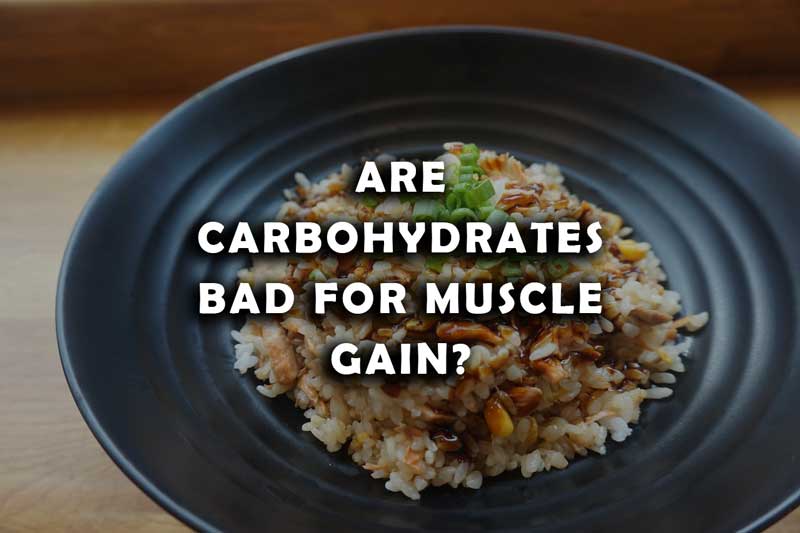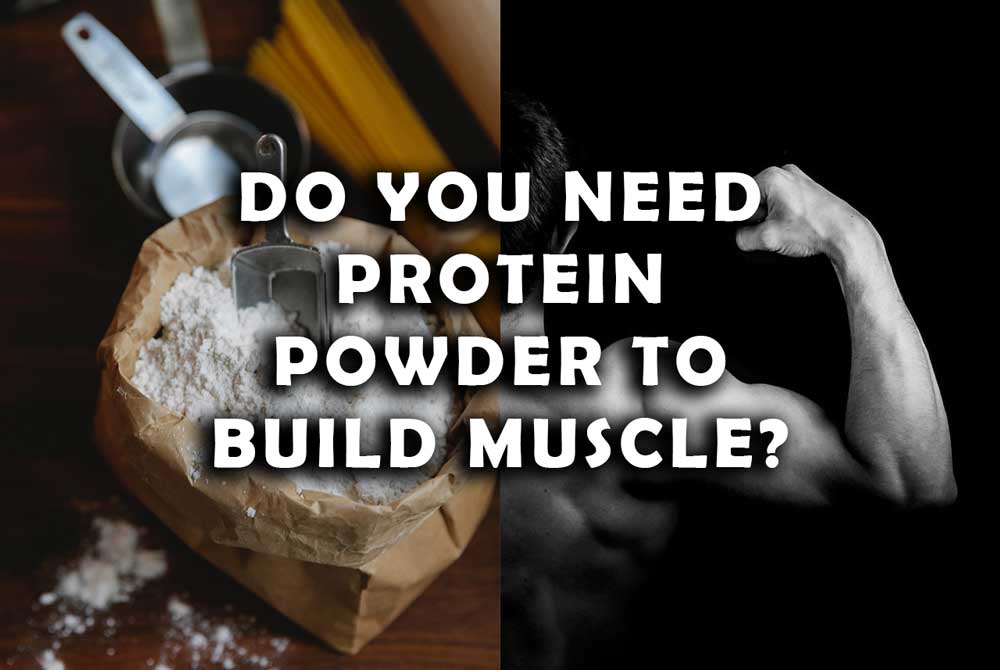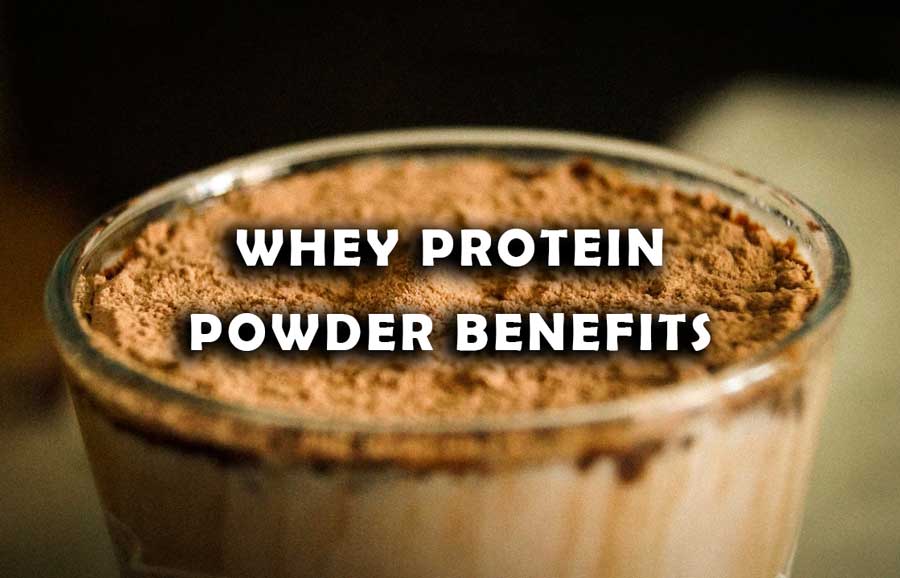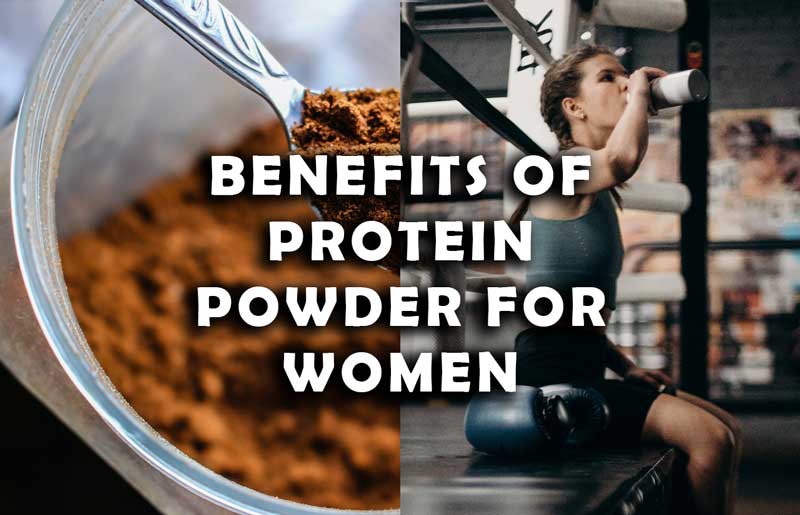Carbohydrates are one of the essential macronutrients that are important for maintaining a healthy body. They are the primary source of energy for our body, and their consumption is necessary for various bodily functions. However, there is a lot of debate surrounding carbohydrates, especially in the fitness industry. Some argue that carbohydrates are bad for muscle gain, while others claim that they are essential.
In this article, we will delve deeper into this topic and examine whether carbohydrates are bad for muscle gain.
In Short
No, carbohydrates are not bad for muscle gain. The only thing to keep in mind is to eat your carbohydrates within limit. You have to find your recommended carbohydrate ratio you need per day according to your body and activity level.
What are Carbohydrates?
Carbohydrates are one of the three macronutrients, along with protein and fat, that are essential for the human body.
They are made up of sugar molecules and are classified into three categories: simple carbohydrates, complex carbohydrates, and fiber.
Simple carbohydrates are made up of one or two sugar molecules and are found in foods such as fruit, milk, and sugar. Complex carbohydrates are made up of many sugar molecules and are found in foods such as bread, pasta, and potatoes. Fiber is a type of carbohydrate that the body cannot digest and is found in foods such as vegetables, fruits, and whole grains.
The Role of Carbohydrates in Muscle Gain

Carbohydrates play an essential role in muscle gain by providing energy supply to our body.
During exercise, the body uses glycogen, which is the stored form of carbohydrates, as a primary source of energy. The depletion of glycogen stores can lead to fatigue and a decrease in performance.
Consuming carbohydrates before exercise can increase glycogen stores and improve performance. Carbohydrates also play a crucial role in muscle recovery. After exercise, the body needs carbohydrates to replenish glycogen stores and repair muscle damage.
The more energy you have the more you can perform in your physical activity, we all know this. The problem arises when we consume more energy than we perform or take out. The extra energy in form of calorie is then stored in the body as fat.
The Impact of Carbohydrates on Insulin
Insulin is a hormone that is produced by the pancreas and is responsible for regulating blood sugar levels.
When we consume carbohydrates, the body releases insulin to help transport glucose from the bloodstream into the cells. Insulin also plays a role in muscle gain. It is an anabolic hormone, which means that it promotes the synthesis of protein and muscle tissue.
Consuming carbohydrates can increase insulin levels, which can promote muscle growth.
But watch out for insulin resistance that obese people are more at risk of. This happens when you consume a lot of carbohydrates (especially simple carbohydrates), which overtime results in fat accumulation and insulin resistance. Furthermore, people can be at risk of diabetes, if this is not taken care of.
High-Carbohydrate vs. Low-Carbohydrate diets for Muscle Gain
There is a lot of debate surrounding the ideal macronutrient ratio for muscle gain. Some people believe that a high-carbohydrate diet is essential for muscle gain, while others believe that a low-carbohydrate diet is better. Research suggests that both high-carbohydrate and low-carbohydrate diets can be effective for muscle gain, as long as they provide enough calories and protein.
However, high-carbohydrate diets may be more beneficial for muscle gain, as they can increase insulin levels and glycogen stores, which can improve performance and recovery.
Low-carbohydrate diets may be more effective for weight loss, but they may also lead to a decrease in performance and muscle mass.
All in all, it is better to burn those calories (energy) you are taking per day to stop it from getting converted to fat. Lifting weights is the best way to convert this energy into muscles.
The Importance of Timing Carbohydrates for muscle Gain
Timing carbohydrates is an essential factor in muscle gain. Consuming carbohydrates before and after exercise can increase glycogen stores and improve performance and recovery.
Consuming carbohydrates before exercise can really help in increase performance in physical activities. This can help you in lifting heavier weights and hence, helping in muscle gain.
How Much Carbohydrate is Necessary for Muscle Gain?

The amount of carbohydrate required for muscle gain depends on various factors, such as body weight, activity level, and training intensity. As a general guideline, athletes and active individuals should consume between 3-5 grams of carbohydrates per kilogram of body weight per day.
However, individual needs may vary, and it is essential to consult with a registered dietitian or sports nutritionist to determine the optimal carbohydrate intake for muscle gain.
The Importance of Complex Carbohydrates for Muscle Gain
Complex carbohydrates, such as whole grains, vegetables, and fruits, are essential for muscle gain. They provide a slow release of energy and are rich in nutrients that are important for muscle recovery and growth, such as vitamins, minerals, and fiber.
Simple carbohydrates, such as sugar and processed foods, should be limited, as they provide a quick source of energy but lack essential nutrients. Sudden surge in insulin due to these carbs can result in many other health issues.
Common Misconceptions About Carbohydrates and Muscle Gain
There are several common misconceptions about carbohydrates and muscle gain.
One of the most prevalent myths is that carbohydrates are bad for weight loss and that you should eliminate it from the diet. However, carbohydrates are essential for weight loss and muscle gain, as they provide the body with energy and nutrients.
Another myth is that consuming carbohydrates can lead to insulin resistance and diabetes. However, research suggests that a balanced diet that includes carbohydrates, protein, and fat can help prevent diabetes and insulin resistance.
Too much of anything can be bad for health. Too much carbohydrate can also result in negative effect on your muscle gain.
The Role of Protein in Muscle Gain
Protein is another essential nutrient for muscle gain. It provides the building blocks for muscle tissue and is necessary for muscle repair and growth. Athletes and active individuals should consume between 1.2-2.0 grams of protein per kilogram of body weight per day to support muscle growth.
The Role of Fat in Muscle Gain
Fat is also important for muscle gain, as it provides energy and supports hormone production. However, you should take it in moderation, as excessive fat intake can lead to weight gain and other health problems.
The Bottom Line
While carbohydrates are an essential nutrient for muscle gain, it is important to remember that everyone’s nutritional needs are different. It is essential to consult with a registered dietitian or sports nutritionist to determine the optimal macronutrient ratios and carbohydrate intake for your individual goals and needs.
In conclusion, carbohydrates are not bad for muscle gain. They provide the body with essential energy and nutrients that are necessary for performance, recovery, and muscle growth. A balanced diet that includes complex carbohydrates, protein, and fat can help support muscle gain and overall health.
Frequently asked questions (FAQs)
1) Are carbohydrates necessary for muscle gain?
Yes, carbohydrates are necessary for muscle gain. They provide the body with energy to fuel workouts and support muscle growth by replenishing glycogen stores.
2) Are carbohydrates bad for muscle gain?
No, carbohydrates are not bad for muscle gain. They are an essential nutrient that provides energy and nutrients necessary for performance, recovery, and muscle growth. Too much of carbohydrate can be bad for body, as it can lead to increase in fat.
3) How many carbohydrates should I consume for muscle gain?
The amount of carbohydrates needed for muscle gain varies based on individual needs, goals, and activity level. Generally, it is better to consume 3-5 grams of carbohydrates per kilogram of body weight per day.
4) Can a low-carbohydrate diet hinder muscle gain?
Yes, a low-carbohydrate diet can hinder muscle gain. Carbohydrates provide energy necessary for workouts and support muscle growth by replenishing glycogen stores. A lack of carbohydrates can lead to decreased performance and recovery, hindering muscle growth.
5) Can I still gain muscle on a low-carbohydrate diet?
Yes, it is possible to gain muscle on a low-carbohydrate diet. However, it may be more difficult to perform at peak levels during workouts and recover properly. It is important to consult with a registered dietitian or sports nutritionist to determine the optimal macronutrient ratios for your individual goals and needs.
6) What are some good sources of complex carbohydrates for muscle gain?
Good sources of complex carbohydrates for muscle gain include sweet potatoes, brown rice, quinoa, oats, and whole grain bread and pasta.
7) Is it necessary to consume carbohydrates before and after exercise for muscle gain?
Consuming carbohydrates before and after exercise can help support muscle gain by providing the body with energy and nutrients necessary for performance and recovery. However, the timing and amount of carbohydrates needed vary based on individual needs and goals.
8) Can a high-carbohydrate diet lead to insulin resistance and diabetes?
A high-carbohydrate diet can lead to insulin resistance and diabetes in some individuals. However, it is important to remember that everyone’s nutritional needs are different. A balanced diet that includes complex carbohydrates, protein, and fat can help support muscle gain and overall health.
9) Should I consume carbohydrates before bed for muscle gain?
Consuming carbohydrates before bed can help support muscle growth by providing the body with energy and nutrients necessary for recovery. However, it is important to consult with a registered dietitian or sports nutritionist to determine the optimal timing and amount of carbohydrates for your individual needs and goals.





